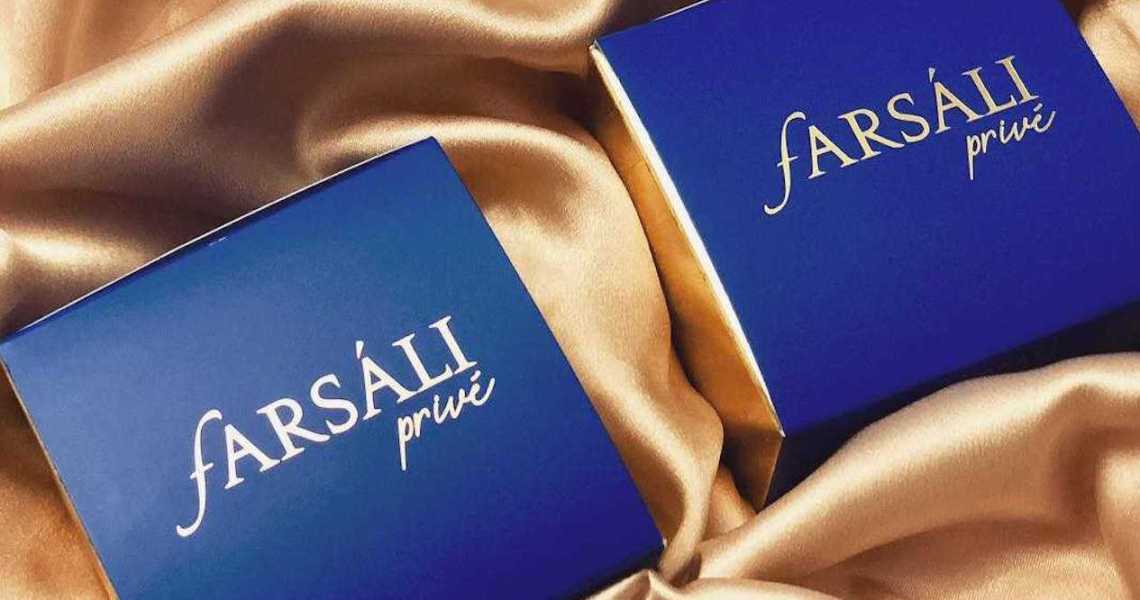Farsáli, known for its signature Rose Elixir oil used by influencers to achieve an Instagram glow, is debuting a new micro-batch sub-brand called Farsáli Privé on May 7. It is a way for the beauty brand to not only experiment with products that broaden its appeal, but also grow its direct-to-consumer business.
Under Privé, Farsáli will launch one product per year (the first product is a leave-on hydration mask), said Sal Ali, Farsáli founder. Farsáli came to market in 2015 and has nine products in its portfolio. Its speed-to-market timeline is typically nine to 12 months, and Privé’s target will be six to eight months. The brand is sold through Farsali.com, Sephora.com and in 2,000 global Sephora doors, but Privé will only be sold through the brand’s e-commerce site.
Ali declined to state 2018 sales figures but did say the brand’s sales grew over 30% last year. In September 2018, WWD reported that the Farsali was expected to earn between $35 million and $45 million in sales. Farsali.com makes up approximately 20% of the brand’s sales, Ali said, and he expects Privé to help push that figure to between 25% to 30% by mid-2021.
“My goal is to increase that direct-to-consumer figure and Privé will help with that. It won’t be instant, because Privé is a sub-brand, and I have to [drive people to it],” he said.
Privé will produce 10% to 15% percent fewer units than typical Farsáli products, Ali said. He declined to state usual production quantities, but said Privé will not be burdened by distribution and marketing and, therefore, the company will be able to test, launch and iterate at a faster pace. Farsáli is not the only brand to experiment with micro-batch production recently. In mid-April, lip care brand Eos debuted its own micro-batch program designed to bring its products to market sooner. Cutting down typical beauty product timelines, which can be as long as 36 months, has been a winning strategy for brands, like Winky Lux, ColourPop, Taste Beauty and Amazon’s Fast Beauty.
“There is more pressure as a young indie brand to perform. To be relevant, you have to have fast delivery and fast production. The indie space is more crowded now, and you [can] get buried in the conversation,” he said.
Along with being distributed differently from Farsáli, Privé will also be marketed separately. Instead of having its own dedicated Instagram account, Ali’s personal account will be the primary means of communication for Privé. (He has 140,000 followers, while Farsáli has 2 million.) The brand will not promote Privé on its channels, in an effort to not confuse customers who shop the brand via its retail partners. Ali said followers of his account are stronger fans of the brand and would potentially be more receptive to Privé.
Ad position: web_incontent_pos1
“The followers on my page are more engaged fanatics and they want to see more out of the brand, so it’s a perfect avenue and it has more direct access to me,” he said. “Privé is more about products I like to experiment with and not for someone who is necessarily a makeup lover.”




